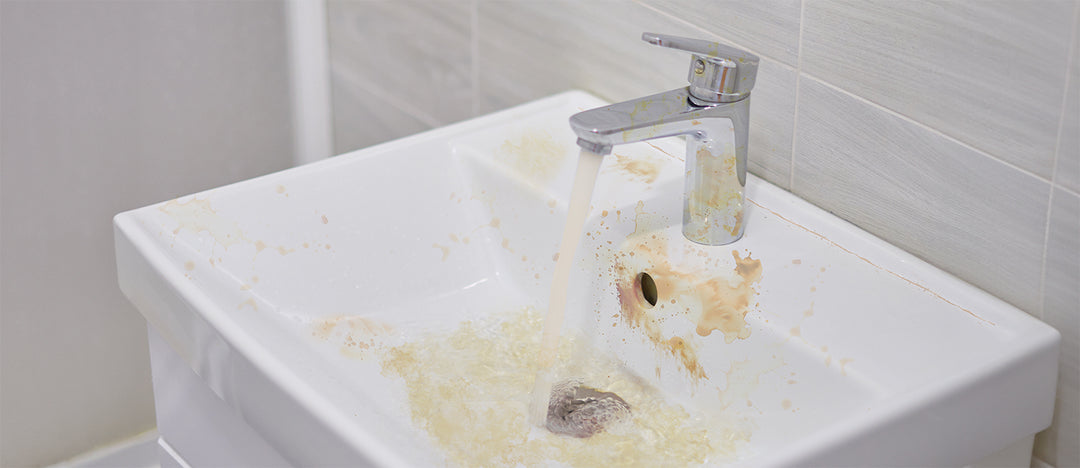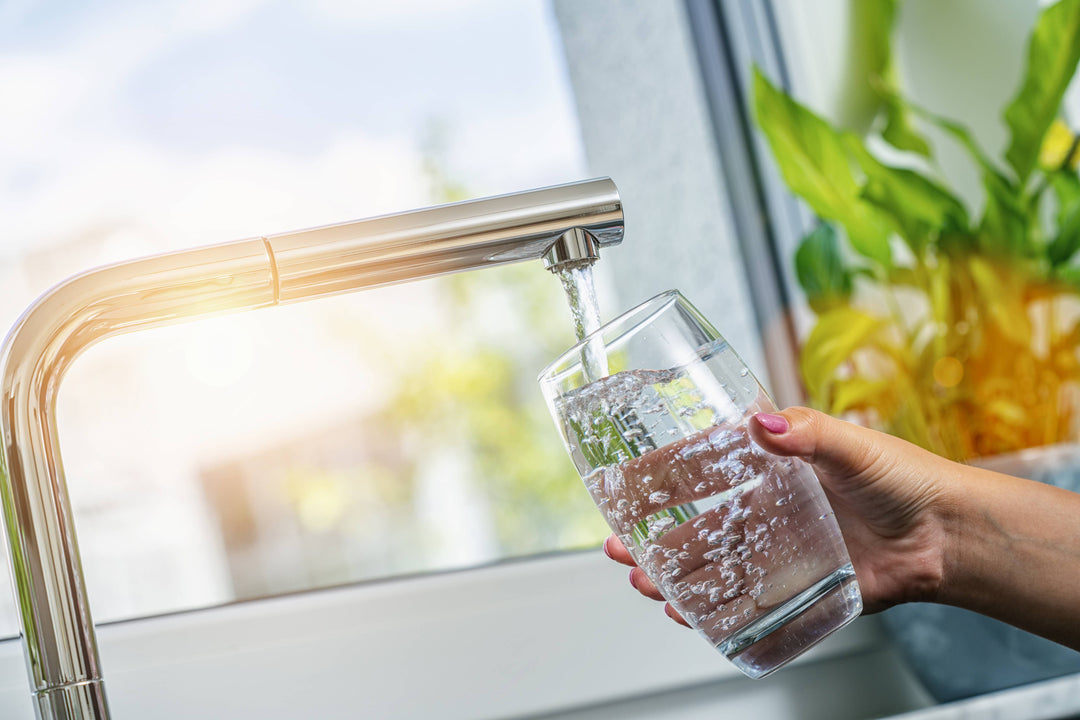Table of Contents
- Introduction
- Overview of Florida's Tap Water Quality
-
Common Contaminants in Florida Tap Water
- Lead
- Chlorine and Chloramine
- Microbial Contaminants
- Other Contaminants
- Health Implications of Contaminants
- Water Quality Testing and Regulations in Florida
- Tips for Ensuring Safe Drinking Water
- Case Studies and Examples
- Conclusion
Introduction
Is Tap Water Safe to Drink in Florida?
The safety of tap water is a common concern for residents and visitors in Florida. This comprehensive guide examines the quality of Florida’s tap water, common contaminants, health implications, and steps you can take to ensure safe drinking water.
Overview of Florida's Tap Water Quality
Florida’s tap water comes from a variety of sources, including surface water and groundwater. The state’s water quality is regulated by the Florida Department of Environmental Protection (FDEP) and the Environmental Protection Agency (EPA), which set standards to ensure safety. Despite regulations, some areas may experience issues with water quality due to aging infrastructure, environmental factors, and local contamination sources.
Common Contaminants in Florida Tap Water
Lead
- Source: Lead can leach into tap water from old plumbing pipes and fixtures.
- Risk: Even low levels of lead exposure can cause serious health problems, particularly in children.
- Source: These chemicals are used to disinfect water and kill harmful bacteria.
- Risk: High levels can cause an unpleasant taste and odor and may lead to health issues with prolonged exposure.
- Source: Bacteria, viruses, and parasites can enter the water supply from natural sources or due to treatment failures.
- Risk: These contaminants can cause gastrointestinal illnesses and other infections.
- Examples: Pesticides, industrial chemicals, and pharmaceuticals.
- Risk: These can pose various health risks depending on the type and concentration of the contaminant.
Health Implications of Contaminants
Exposure to contaminants in tap water can lead to a range of health issues, including gastrointestinal illnesses, neurological problems, and developmental delays in children. Long-term exposure to certain chemicals, like lead, can be particularly harmful.
Water Quality Testing and Regulations in Florida
Testing and Monitoring
Methods: Regular testing by municipal water suppliers is mandated to monitor contaminant levels.- Water Test kit
WATER TEST KIT
- Frequency: Testing frequency varies based on the contaminant and the water source.
Regulations
-
Standards: The EPA sets maximum contaminant levels (MCLs) that must be adhered to.
Florida’s water quality is subject to strict regulations and frequent testing to ensure safety. The EPA has recently proposed new water quality standards for Florida to address emerging contaminants and protect public health. This includes updated criteria for 73 toxic pollutants and protections for subsistence fishers in areas like the Everglades National Park (EPA, 2023).
The Biden-Harris Administration has also allocated significant funding for drinking water infrastructure upgrades, including $376 million for Florida, to address issues such as lead pipes and PFAS contamination (EPA, 2023).
For local water quality reports and further information, you can visit the EPA’s Local Drinking Water Information page.
Sources:
- Enforcement: The FDEP oversees the enforcement of these standards and ensures compliance.
Tips for Ensuring Safe Drinking Water
Home Water Testing- Recommendation: Periodically test your tap water using a home testing kit to check for contaminants like lead, chlorine, and bacteria.
Filtration Systems
- Types: Consider installing water filters such as activated carbon filters, reverse osmosis systems, or whole-house filtration systems.
- Benefits: These systems can effectively remove or reduce many common contaminants.
Boiling Water
- Method: Boiling water can kill bacteria and viruses but does not remove chemical contaminants.
Using Bottled Water
- Alternative: In areas with known contamination issues, using bottled water for drinking and cooking may be advisable.
Case Studies and Examples
Flint, Michigan Comparison- Relevance: Comparing the water crisis in Flint to potential issues in Florida highlights the importance of proactive water quality management.
- Lessons Learned: Implementing rigorous testing and infrastructure improvements can prevent similar crises.
- Miami-Dade County: Instances of elevated lead levels have prompted increased testing and public awareness campaigns.
- Tampa Bay: Efforts to address microbial contamination through advanced water treatment technologies.
Conclusion
While Florida’s tap water generally meets safety standards, it’s essential to remain vigilant about potential contaminants. Regular testing, using filtration systems, and staying informed about local water quality reports can help ensure that the water you drink is safe.
Ensure Safe Drinking Water in Your HomeFor more information on water filtration systems and to explore our range of products designed to keep your water safe, Contact us today to speak with a water quality expert and find the best solution for your needs.





